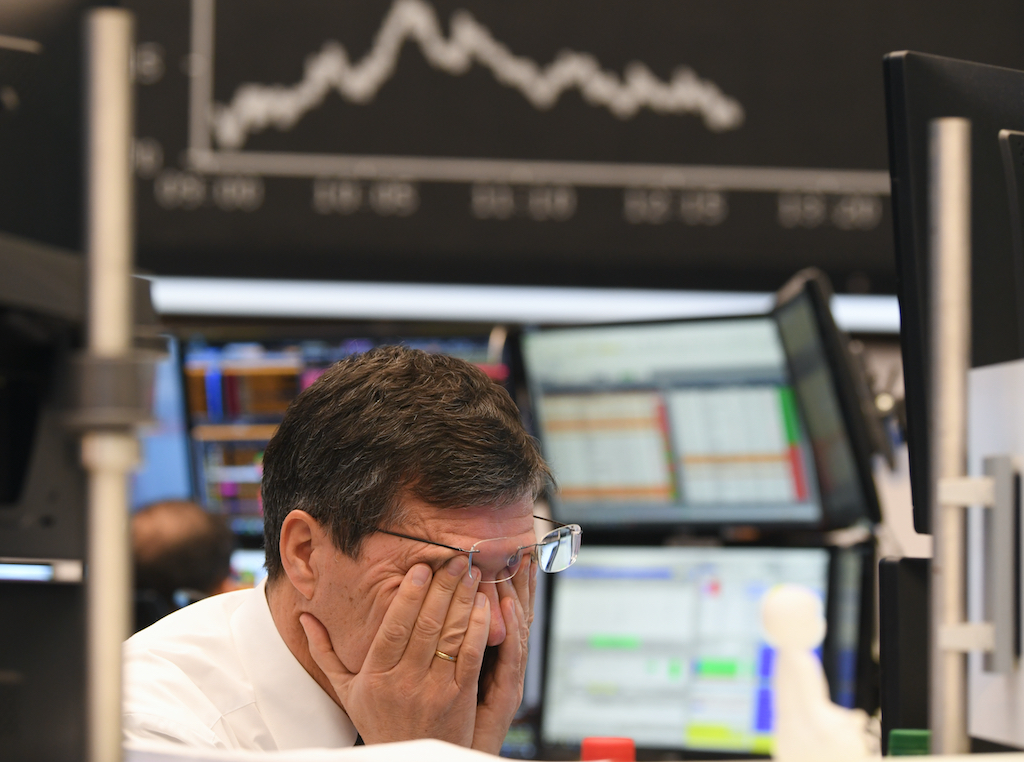The political economy of crony socialism
Today’s crony socialism, masquerading as capitalism, is at the root of the crisis unleashed by the Covid measures. Unfortunately, panicked citizens perceive the government as a part of the solution, not the problem.

The oil and gas markets are the world’s largest providers of energy. Energy, which multiplies our productivity, and human talents are foundations of the prosperity that we enjoy today.
The coronavirus crisis somewhat obscures it, but the energy market has been suffering from a profound problem: the supply of hydrocarbons in many countries is under the control of governments. As a result, the international energy business is highly politicized, usually in the name of national interest and security. A secure supply is essential, but for a prosperous global economy, stable energy pricing is extremely desirable. The deep imbalance between supply and demand that has emerged lately, has political causes. It has created a massive disruption for energy producers, which exacerbates the global crisis spawned by the lockdowns and other measures taken by governments to reduce the spread of coronavirus.
The root of the problems
Unfortunately, this development amplifies the harmful effects of misguided and opportunistic policies that many governments have pursued for a long time. Colossal state deficits that were run up to finance oversized public spending programs have mainly incentivized the so-called system-relevant banks to lend to governments. The banks could consider those loans advantageous, as they were treated as fully secure and, as such, by law, were exempted from any equity requirements. This odd, common-sense-defying financial perpetuum mobile, created in collusion between banks and governments, has been in effect since the 1980s. It steadily undermined the economy and led to the financial crisis of 2008-2009.
Moreover, interest rates have been artificially depressed to reduce governments’ debt-servicing burdens. This strategy by the central banks serves two objectives: it allows the states to continue their reckless spending and stimulates private consumption by discouraging household savings. A system with such characteristics can be called crony capitalism.
This arrangement has little to do with free markets, capitalism and entrepreneurship. Even though significant profits appear in the books of some financial entities, the system serves mainly political objectives.
Key institutions in the financial sector, mostly the ones considered ‘too big to fail,’ are closely allied with governments and are not entrepreneurial.
It is a true tragedy that two of the essential markets, energy and finance, are so political now. They can be used to make easy money with little risk. When something goes wrong, as it often does, politicians and the media immediately call it a failure of the market. Real entrepreneurs are smeared while governments and their corporate cronies only tighten their hold on these two crucial economic areas. Key institutions in the financial sector, mostly the ones considered “too big to fail,” are closely allied with governments and are not entrepreneurial.
At the same time, the tax burden and regulatory restrictions are ballooning, stripping businesses of opportunities and equity. This vile system is supported by supranational entities, including the International Monetary Fund and the OECD. Those august bodies are not democratically accountable – and it shows. And now, the coronavirus lockdowns have struck in this misaligned world. A panic ensued. And all of a sudden, most see the state as the only possible provider of security. Administrations, of course, don’t miss a beat. They seize the need to respond to the public health threat as an opportunity to consolidate their power further.
As things stand, it is indisputably necessary to support businesses that have been closed by government fiat, not for economic reasons. However, additional trillions of dollars, euros and other currencies will be printed to allow the world of politics to stick to its unsustainable spending culture for a while longer. The economic and social consequences of this travesty could be disastrous. Again, the socialists in the political circles and their dependent cronies will spread the message of a market failure. They will demand imposing additional taxes, mainly on those who earn their wealth through hard work, entrepreneurial skills, innovation and economizing. The IMF has already indicated that wealth taxes should be increased.
The only way to rescue our waning prosperity is through returning to a real market economy. Governments’ grip on the financial and energy markets must be eased. Instead of letting politicians expand their crony “capitalism” system under the guise of fighting the COVID-19 crisis, citizens should demand the return of a genuinely entrepreneurial market economy – amended to include well-thought-out solutions to real social problems.
Unfortunately, the illusion that the state delivers security amid crisis is as strong as it is false.
